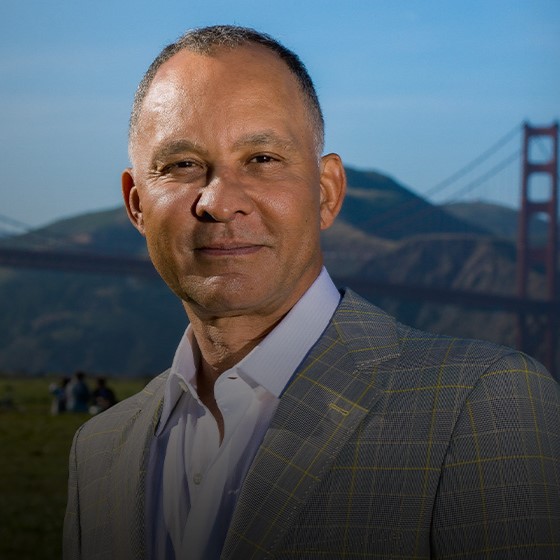Gynecomastia in Middle-Aged and Older Men
Gynecomastia is a common condition that causes enlarged male breast tissue along with breast pain or tenderness. While teenagers often develop gynecomastia due to puberty, it can also affect men later in life. While up to 80% of boys in puberty experience gynecomastia, up to 65% of men later in life are also affected. Read on to learn more about gynecomastia, how it can affect men later in life, and treatment options.
Gynecomastia Causes
Gynecomastia is often caused by a hormonal imbalance between estrogen and androgen hormones and can affect one or both breasts. However, there are also certain conditions that can cause male breast enlargement such as kidney disease or kidney failure, adrenal tumors, alcoholism, liver disease, thyroid disease, and Klinefelter syndrome. There are also some medications that may cause gynecomastia including medication to treat anxiety, depression, enlarged prostate or prostate cancer, heartburn or stomach ulcers, heart failure, high blood pressure, and male infertility. Substance abuse, anabolic steroids, and tea tree and lavender oils may also be triggers.
Middle-aged and older men often experience medication-induced gynecomastia as most people begin to increase their medication consumption as they age. They may also experience gynecomastia as their testosterone levels begin to decrease, along with an increased amount of subcutaneous fat.
Gynecomastia Treatment Options
Men with psuedogynecomastia, or “man boobs” caused by excess body fat or fatty tissue can often see an improvement in the look of their chest when they lose weight. However, the only solution for true gynecomastia is male breast reduction surgery or gynecomastia surgery. This procedure involves removing enlarged male breast glands, as well as excess breast tissue with liposuction to help sculpt and shape the breasts for a more masculine appearance.
Choosing a Gynecomastia Surgeon
When considering gynecomastia surgery, it is important to do your research and seek out a properly-trained surgeon. Dr. Delgado is a board-certified plastic surgeon and is highly skilled in performing gynecomastia surgery on males of all ages to help improve their self-confidence. He employs a number of effective surgical techniques to properly treat gynecomastia, excess male breast tissue, and excess skin for optimal results. With more than 30 years of successfully treating patients with gynecomastia symptoms, you can be confident you are in good hands.
Schedule Your Gynecomastia Surgery Consultation
If you are bothered by your enlarged male breast tissue and are seeking an effective way to treat gynecomastia, contact Dr. Delgado today. Your first step toward treatment will be a consultation in his office or virtually. For personalized information about gynecomastia plastic surgery procedures, please complete Dr. Delgado’s inquiry form.
Gynecomastia FAQs
What are some symptoms associated with gynecomastia?
Common symptoms associated with gynecomastia include swelling, pain or tenderness, and nipple discharge in one or both breasts.
What prostate cancer drug causes gynecomastia?
The most used nonsteroidal antiandrogen, Bicalutamide is known to cause gynecomastia in some.
Does an estrogen excess cause gynecomastia?
If the male body produces too much estrogen or there is low testosterone, male breast tissue may become swollen or enlarged.
Can Gynecomastia cause male breast cancer?
The risk of men developing breast cancer is very small, even with gynecomastia.
Can smoking cause male breast enlargement?
Smoking marijuana can increase estrogen production in men, as well as decrease testosterone production, possibly resulting in gynecomastia.
Is surgical treatment available for gynecomastia?
Yes, gynecomastia surgery is available to remove excess glandular tissue and create a more masculine chest appearance. Be sure to seek out a skilled plastic surgeon to perform your procedure.
What types of cancer are associated with gynecomastia?
Gynecomastia has been found to be common among those with testicular germ cell cancer patients with elevated β-hCG. There is also a significant risk of testicular cancer and squamous cell carcinoma among those with gynecomastia.

